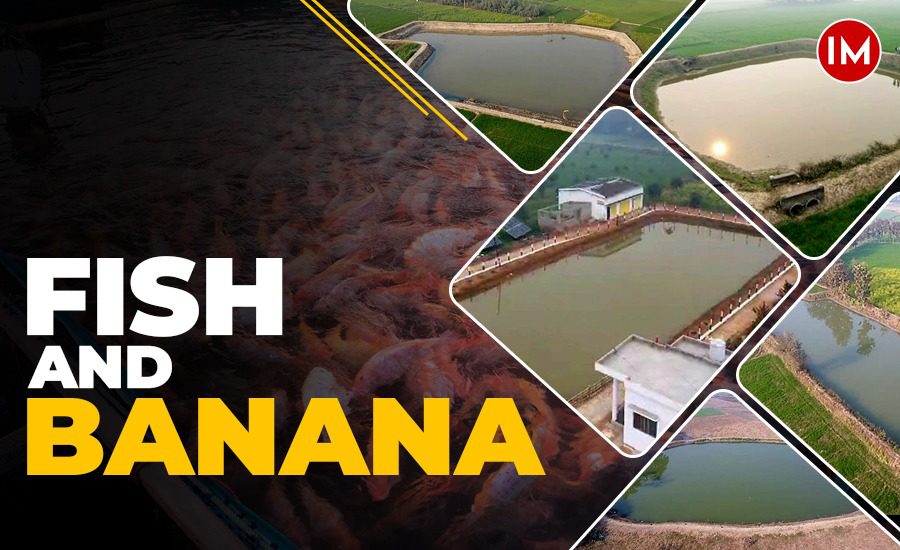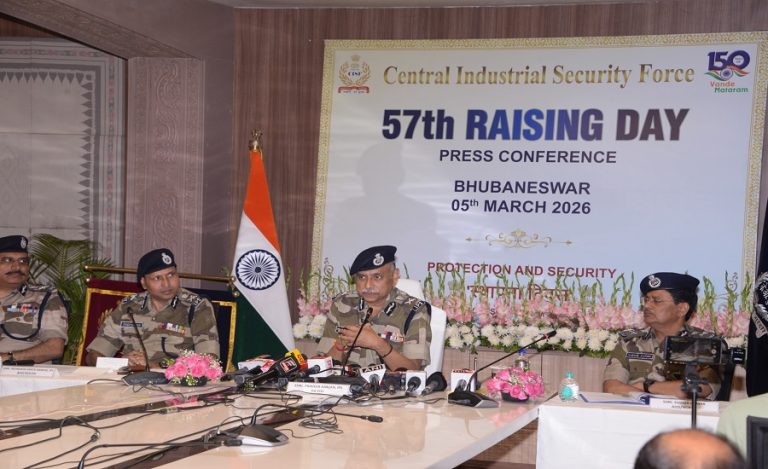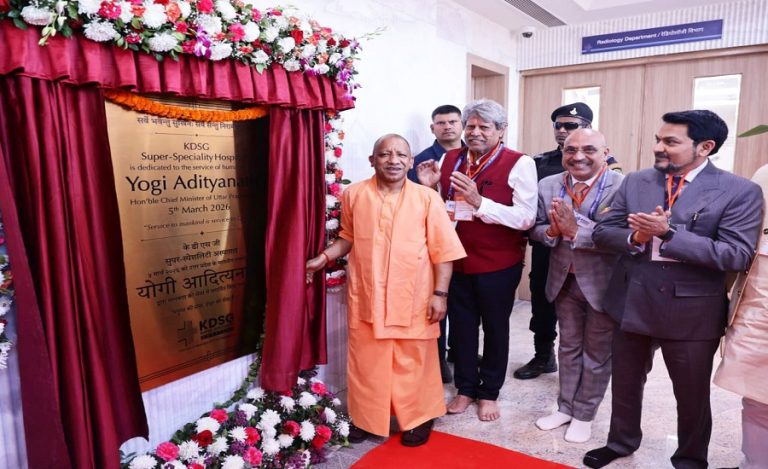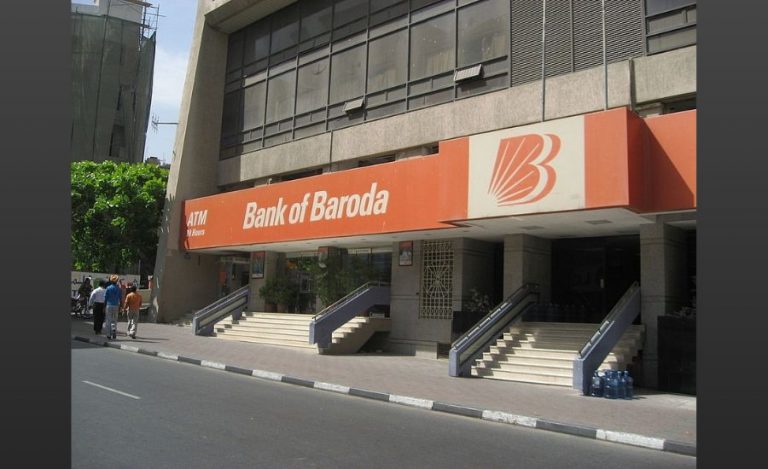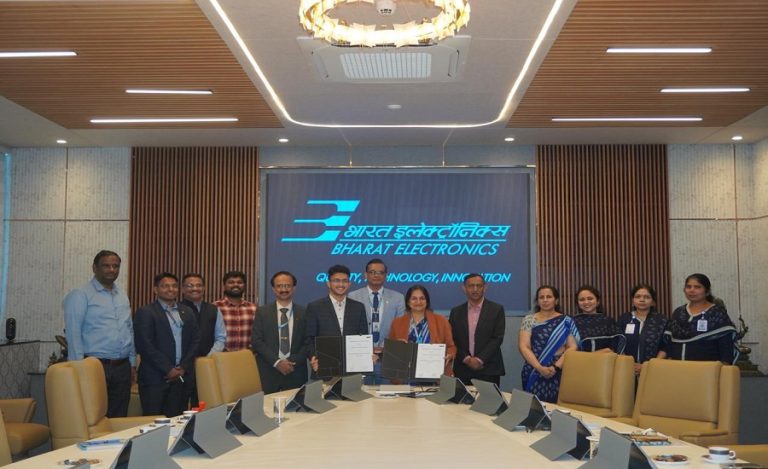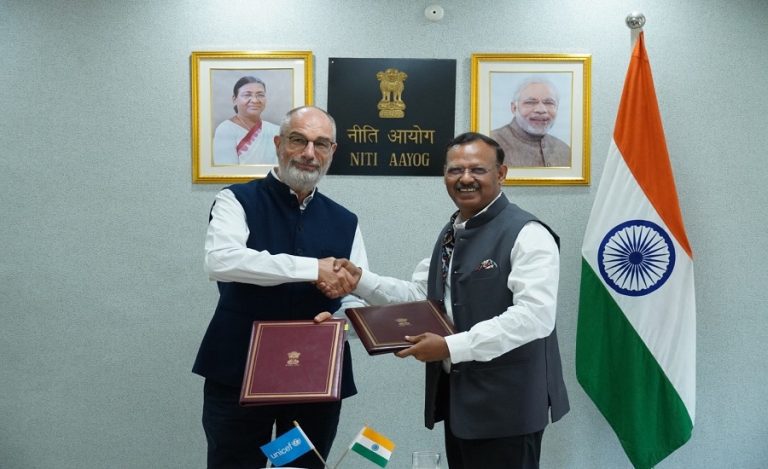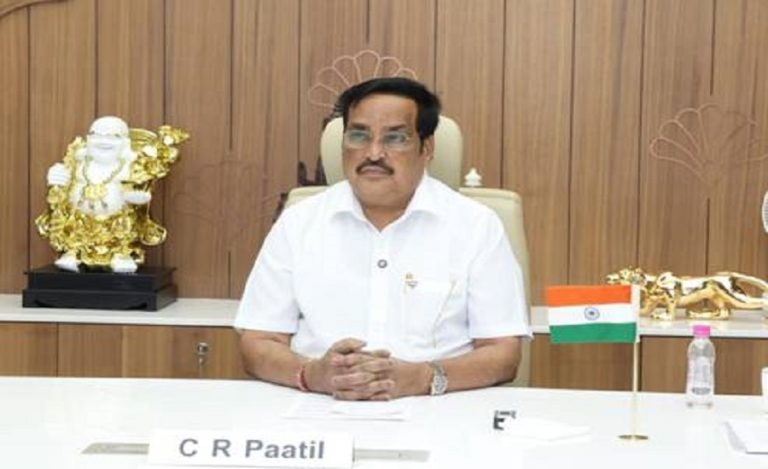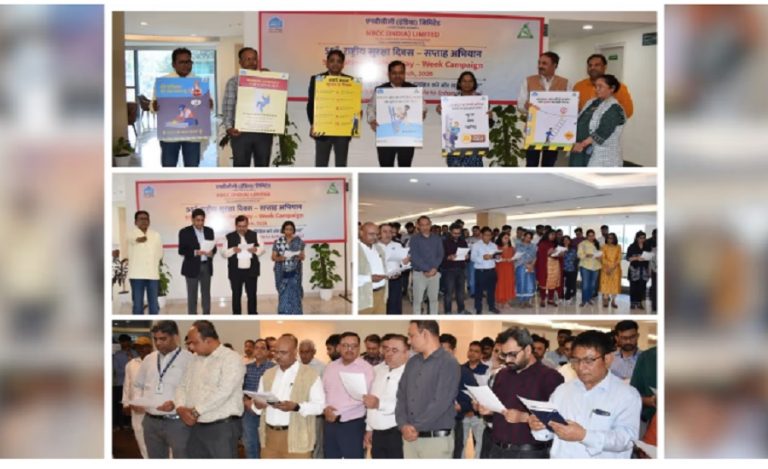Less than an hour’s journey from the revered temple town of Ayodhya lies Basti district, an epitome of typical Eastern UP backyard. However, a unique endeavor is underway in this dustbowl, aimed at uplifting the rural economy through innovative agricultural practices. Spearheaded by the District Magistrate, Andra Vamsi, this initiative combines the principles of integrated farming with a focus on horticulture and pisciculture. By harnessing the potential of the region’s natural resources, the project aims to provide economic security, employment, and sustainable livelihoods to the villagers of Basti.
In an exclusive conversation with Indian Masterminds, the 2011-batch IAS officer shared details about the same.
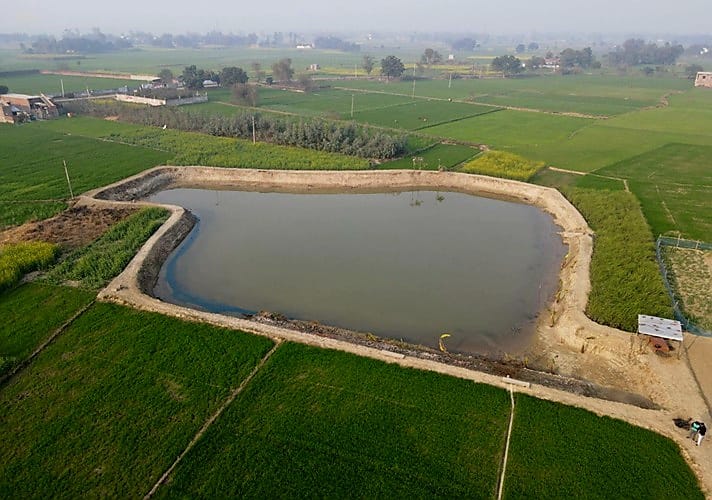
THE GENESIS OF THE INITIATIVE
Under the aegis of the National Employment Guarantee Scheme (NREGS), Basti district embarked on a transformative journey to enhance farmers’ incomes by introducing novel farming methods.
The focal point of this initiative is the development of ponds for both banana cultivation and fish farming in rural areas. By synergizing these two seemingly disparate agricultural activities, the project envisions holistic development and economic prosperity for the local populace.
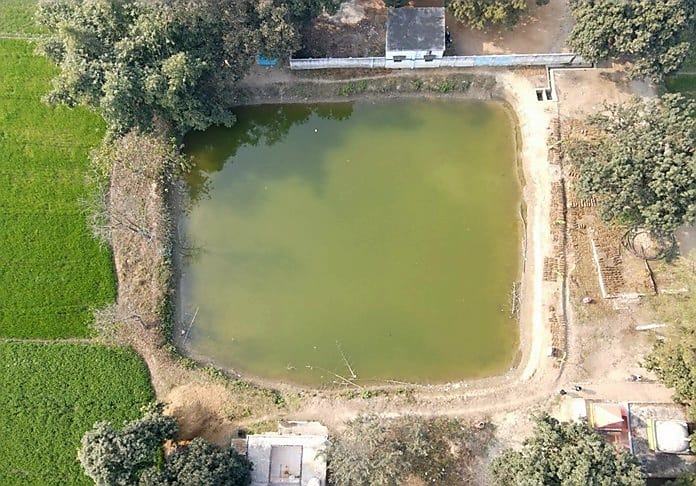
INTEGRATION OF FISH AND BANANA FARMING
The cornerstone of this initiative lies in the simultaneous cultivation of fish and banana trees within the same ecosystem. Across 14 development blocks in Basti district, a total of 1085 ponds have been constructed, each serving as a dual-purpose site for both fish rearing and banana plantation.
“This integrated approach not only optimizes land utilization but also fosters a sustainable agricultural ecosystem that promotes biodiversity and resource conservation,” shared the officer.
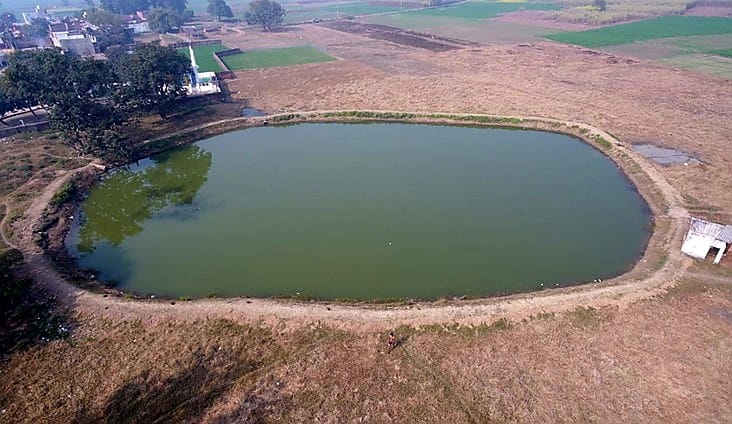
ECONOMIC IMPACTS AND EMPLOYMENT GENERATION
Mr. Vamsi underscores the significant economic and social benefits generated by this innovative project. With an investment ranging from Rs 1.28 lakh to Rs 6 lakh per pond, the initiative has created employment opportunities for thousands of villagers, generating over 5,47,129 man-days of work.
“Moreover, a staggering 9,150 job card holders have been provided with steady sources of income, thereby contributing to poverty alleviation and rural development,” he told Indian Masterminds.
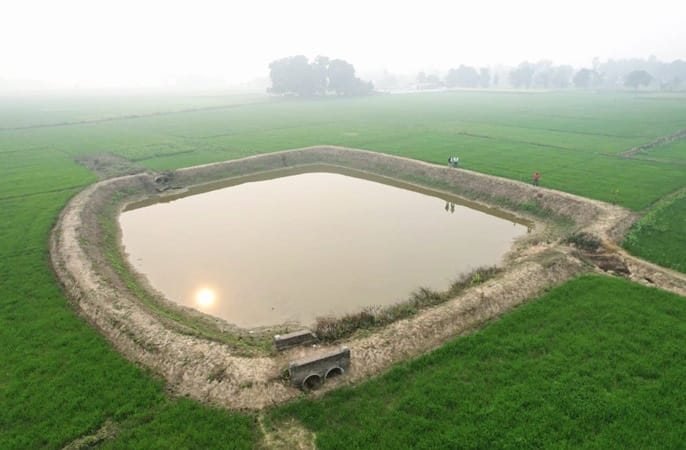
ENVIRONMENTAL SUSTAINABILITY
Beyond its economic ramifications, the integrated fish and banana farming initiative underscores a commitment to environmental sustainability. By promoting natural farming practices and conservation of natural resources, the project serves as a model for environmentally conscious agriculture.
“The coexistence of fish and banana trees in these ponds fosters a symbiotic relationship wherein the waste generated by fish serves as organic fertilizer for banana plants, thus minimizing external inputs and promoting eco-friendly farming practices,” stated Mr. Vamsi.
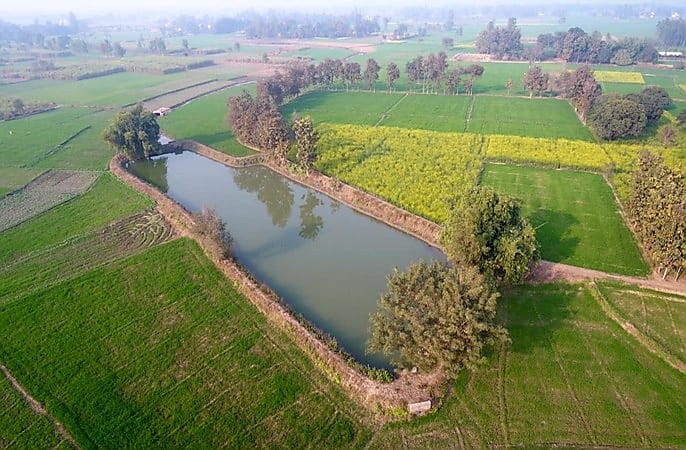
FUTURE PROSPECTS AND YIELD PROJECTION
Looking ahead, the prospects of this pioneering initiative appear promising. With 42,493 banana plants already thriving on the banks of these ponds, a substantial increase in banana production is anticipated in the coming years.
Similarly, the projected fish production per pond is expected to reach 682 kg in the first year, eventually doubling to 1,364 kg per year. These optimistic projections not only augur well for the economic prosperity of the Basti district but also underscore the efficacy of integrated farming practices in ensuring food security and rural development.
The integrated fish and banana farming initiative led by the District Magistrate stands as a testament to the transformative power of innovative agricultural practices. By harnessing the synergy between pisciculture and horticulture, the project has not only empowered rural communities but also set a precedent for sustainable and inclusive development.
As Basti district reaps the dividends of this visionary initiative, it serves as a beacon of hope for agricultural revitalization and rural prosperity across the region.

